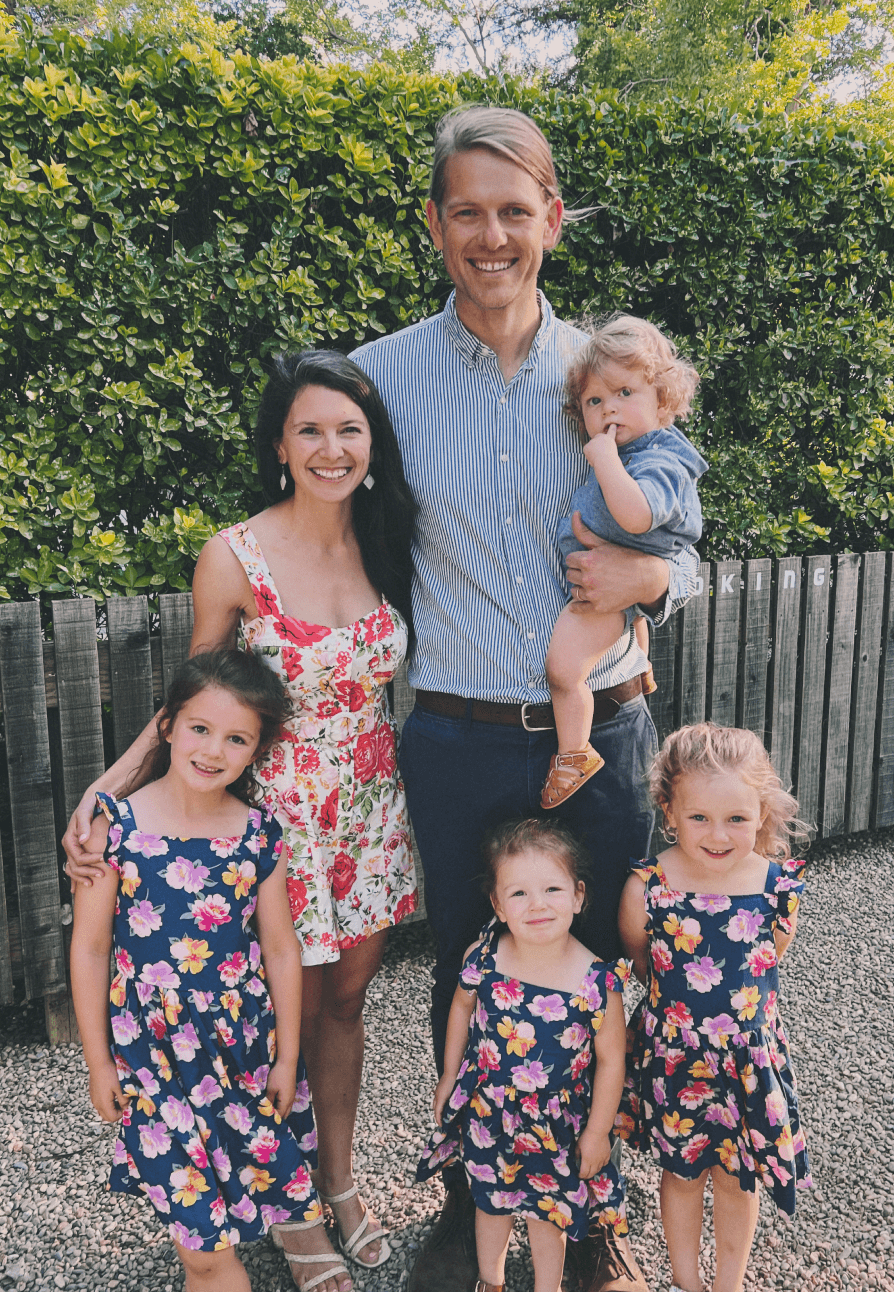
About Nick
The short version:
- I’m a board-certified clinical psychologist with an MA from The University of Chicago and a PhD from The University of Texas Southwestern.
- After working as a psychotherapist for six years, I left my practice and co-founded, Loom, a leadership consulting firm specializing in trust building for high-performance teams.
- I’m the founder of The Friendly Mind, an email newsletter read by 50,000+ people each week that shares practical, evidence-based advice for emotional health and wellbeing.
- Outside of writing and consulting, I teach a variety of courses and workshops including Mood Mastery, a 4-week emotional resilience masterclass, and a variety of self-paced courses such as Creating Calm, Finding Focus, and Undoing Insomnia.
- I was born and raised in Northern California and currently live in Albuquerque, NM with my wife and our four kids.
My Philosophy of Emotional Heath
I believe that emotion management is the most important skill in life.
Whether you’re a CEO, software developer, or a stay-at-home mom, your happiness and success in life comes down to how well you can handle inner struggles like anxiety, anger, or self-doubt.
And yet… Almost no one is taught how to do this!
I’m passionate about helping people unlock their potential by learning to manage their emotions better.
To that end, my own approach to emotional health and resilience comes down to two big ideas:
1. The Friendly Mind
Most of us are pretty good at supporting our friends when they’re struggling: We listen empathetically, we reframe worries and fears objectively, we validate difficult feelings without judgment, etc.
But we tend to treat ourselves and our own struggles much differently…
- We criticize ourselves for feeling anxious, which only makes the anxiety worse.
- We ignore our stress until it’s so overwhelming that we slip into self-defeating behaviors like stress-eating and procrastination.
- We get judgmental with ourselves the minute we feel lazy, which only saps our motivation further.
The heart of emotional health is learning to respond to your own difficult thoughts and emotions like you would respond to a friend who was struggling—with clarity, curiosity, and kindness.
2. Emotional Fitness
Historically, the field of psychology and emotional health as been dominated by an insight model, which implies that if we only understand ourselves better, we will feel better. To my mind, this is hopelessly naive.
While often necessary, insight is rarely sufficient for meaningful change. Just like reading books about music theory won’t make you a piano virtuoso, spending years reflecting on and talking about your past won’t make you feel more confident or be less depressed.
Emotional health comes from good habits, not clever ideas.
In the same way that the body relies on healthy habits and exercise to stay fit and strong, our emotional health depends on healthy habits of mind.
So while it’s popular to talk about emotional intelligence, I’m far more interested in emotional fitness.
Learn More
If you’re interested in learning more about my occasionally controversial beliefs about emotional health, you’ll like (or maybe hate) this short article I wrote recently:
13 Spiky Points of View About Emotional Health →
